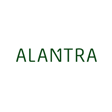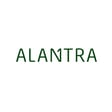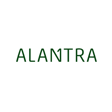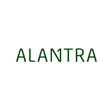Become a Creator today!Start creating today - Share your story with the world!
Start for free
00:00:00
00:00:01

FHIR Catching Fire, A Conversation with Joe Gagnon, CEO of 1upHealth
Interoperability has been a major topic in Digital Health for over a decade, but initial progress was slow and enabling technologies have only taken off in the last few years.
Joe Gagnon, CEO of 1upHealth, a fast-growing data interoperability vendor, joins Alantra for a discussion on its evolution, namely the FHIR standard, how payers and ACOs are acting as agents of change, the potential for collaboration among Digital Health vendors, and how interoperability platforms could evolve over time into ecosystems.



